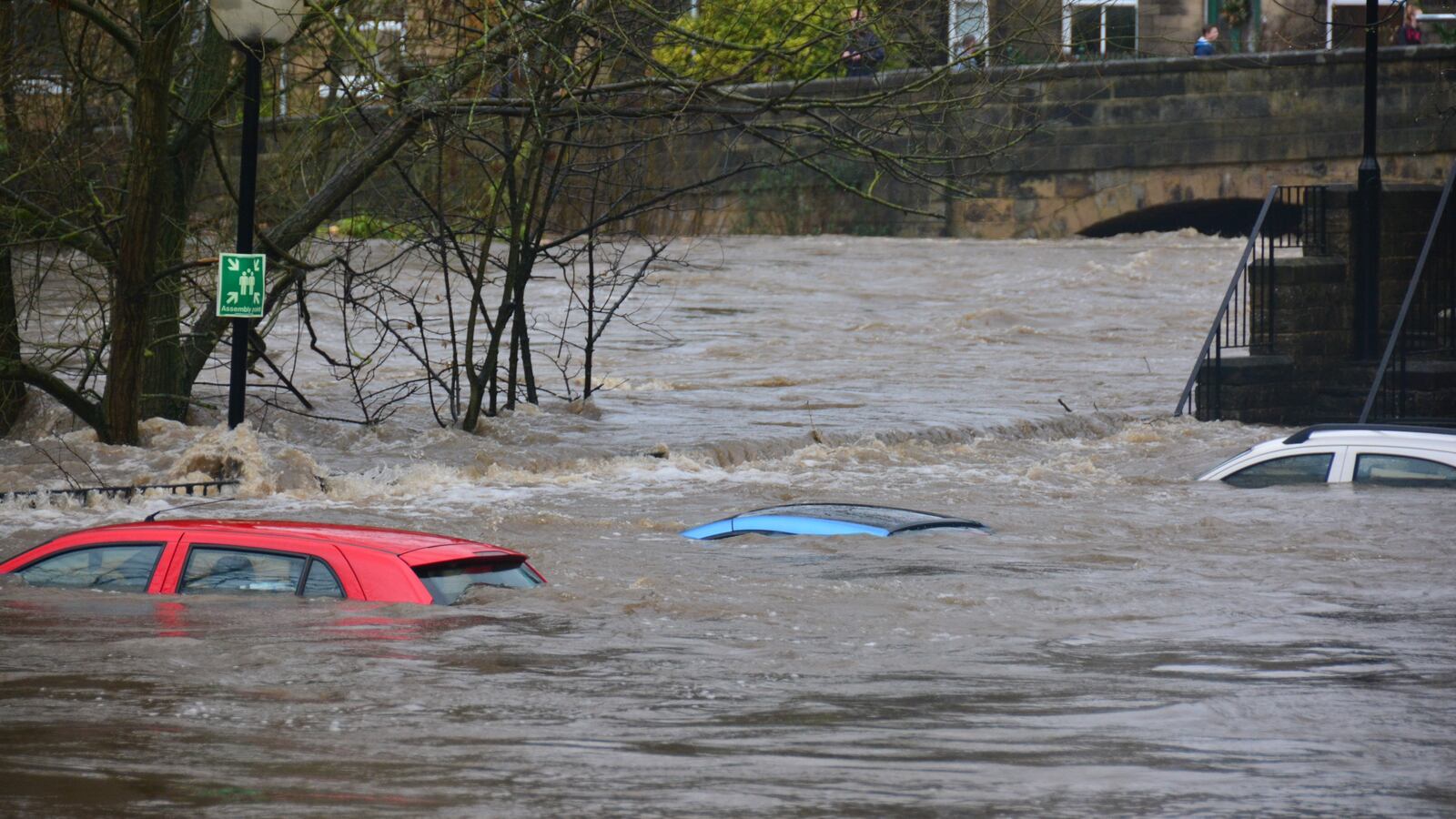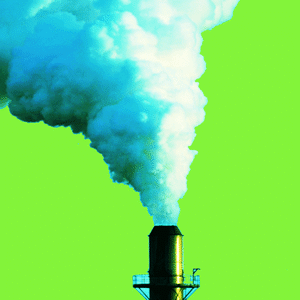Earth’s latest climate crisis report card is in, and the prognosis doesn’t look good.
In a new report released by the UN’s Intergovernmental Panel on Climate Change (IPCC) Monday, 270 scientists from over 67 countries discussed the environmental challenges the planet is facing now and can expect to face in the future. Some of the 127 key risks identified in the 3,500-page report aren’t exactly shocking—including rising sea levels, sweltering temperatures and increasingly frequent natural disasters. But what is especially alarming is the severity of these problems, and the report’s conclusion that more than a few are potentially irreversible events that could devastate public health and livelihoods around the world.
Any delays in adapting to and mitigating the climatic onslaught heading our way, the authors warned, “will miss a brief and rapidly closing window of opportunity to secure a livable and sustainable future for all.”
Here are some of the biggest takeaways from the IPCC report:
Global Heating Will Bludgeon Human Health
One in three people are already exposed to heat stress (37 percent of heat deaths are connected to climate change). This is expected to get much worse as global temperatures continue to creep up as high as 2 degrees Celsius from present-day averages, the IPCC authors wrote.
The threat posed by warmer temperatures is not just from the effects of heat on the human body, but also from increased exposure to pollutants like “wildfire smoke, atmospheric dust, and aeroallergens,” all which are associated with cardiovascular and respiratory distress.
Mounting temperatures also mean the near equivalent rise of climate-related food-borne and water-borne diseases. Climate change will also have wide-ranging mental health impacts, like for those displaced by extreme weather events such as wildfires or are threatened by food scarcity driven by environmental factors.
Biodiversity Is Crashing
Human health is not the only precious commodity at stake. The IPCC report estimates that 10 percent of all plant and animal species could go extinct even if the global temperatures are prevented from rising more than 2 degrees Celsius.
And by extension, human health will pay a price for this loss of biodiversity. The report emphasizes that shrinking animal populations will likely increase the pressure for many animal diseases to make the jump into humans. (If that doesn’t sound very threatening, just remember that most scientists think COVID-19 began by jumping from bats to humans). The IPCC report also warned that we should expect more diseases to blight agricultural crops as climate change picks up.
Coastal flooding and Extreme Weather Will Get Worse
Coastal floods brought on by rising sea levels and punishing storms, like Hurricane Ida in 2021, have become more frequent over the last several years. The slow erosion of ocean fronts at the hands of flooding and destructive storm surges means that the number of people exposed to severe coastal flooding worldwide is likely to increase by more than 20 percent by 2050 if immediate action isn’t taken.
Not All Solutions Are Equal
For some areas in the world, resilience strategies may actually have unintended consequences that worsen the impact of climate changes.
For example, countering rising sea levels and flooding using hard coastal defenses like sea walls, as many oceanfront communities currently do, can harm coastal ecosystems by reducing fish diversity and degrade coastal and offshore ecosystems. The sense of safety gained by installing sea walls also encourages people to settle in those areas, exposing more people to extreme floods if and when those sea walls fail.
But human efforts to adapt and mitigate aren't all doom and gloom. What the report urges is a re-thinking of how we implement adaptation and mitigation, with a focus less on responding “to current impacts or near-term climate change risks” and more time carving out strategies that are environmental-friendly and long-term. The IPCC is set to release another report in the next month that will focus on solutions for countering global warming.
“There is a rapidly narrowing window of opportunity,” the IPCC report’s authors write, “to enable climate resilient development.”









